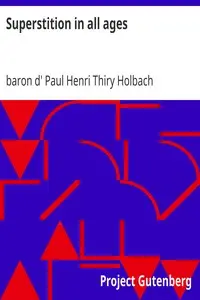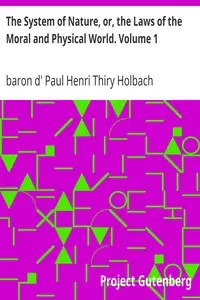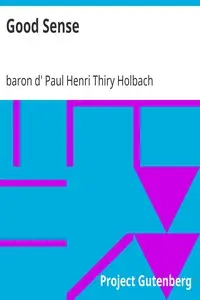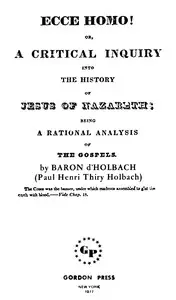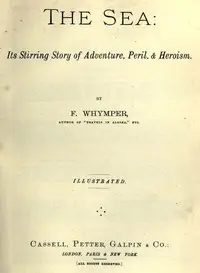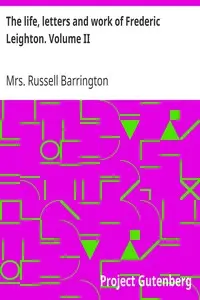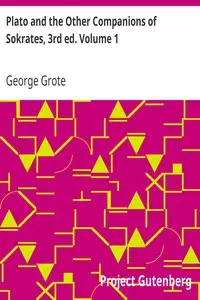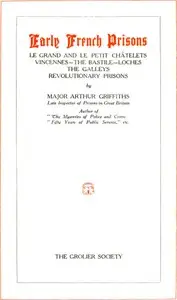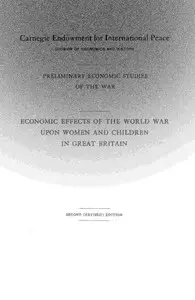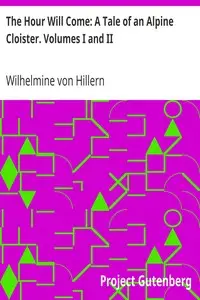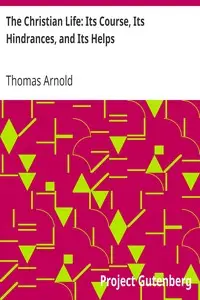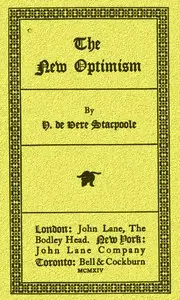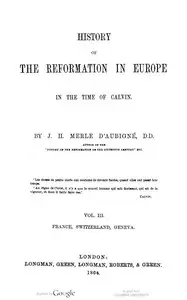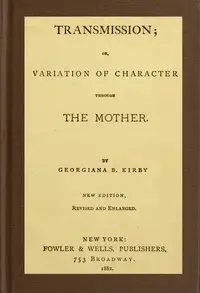"The System of Nature, or, the Laws of the Moral and Physical World. Volume 2" translated from the original French by M. de Mirabaud is a philosophical examination written in the late 18th century. This work delves into the interplay between human understanding, morality, and the natural world, exploring the existence and attributes of divinity through a critical lens. It discusses how human beings have historically constructed notions of the divine based on their experiences and fears, ultimately questioning established religious beliefs and advocating for a more naturalistic understanding of existence. The opening of this volume introduces the concept that human perceptions of divinity arise largely from fear, ignorance, and misinterpretations of natural phenomena. The text argues that early ideas about gods were shaped by the need to explain the unknown through fear of the natural world's disasters and the many evils of existence that humans encounter. It suggests that these notions have evolved over time, often leading to a confusing amalgamation of beliefs. The author emphasizes the importance of understanding natural laws and experiences as fundamental to human existence, heralding a shift away from traditional theological paradigms towards a rational, empirical approach to nature and morality. (This is an automatically generated summary.)
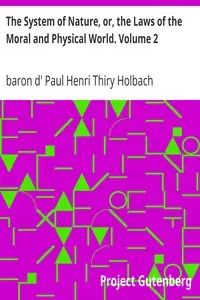
The System of Nature, or, the Laws of the Moral and Physical World. Volume 2
By Paul Henri Thiry Holbach
"The System of Nature, or, the Laws of the Moral and Physical World. Volume 2" translated from the original French by M. de Mirabaud is a philosophica...
Paul-Henri Thiry, Baron d'Holbach, known as d'Holbach, was a Franco-German philosopher, encyclopedist and writer, who was a prominent figure in the French Enlightenment. He was born Paul Heinrich Dietrich in Edesheim, near Landau in the Rhenish Palatinate, but lived and worked mainly in Paris, where he kept a salon. He helped in the dissemination of "Protestant and especially German thought", particularly in the field of the sciences, but was best known for his atheism, and for his voluminous writings against religion, the most famous of them being The System of Nature (1770) and The Universal Morality (1776).

